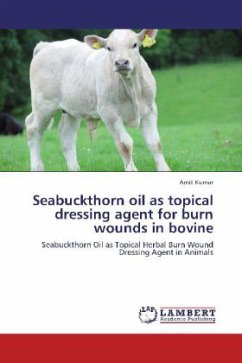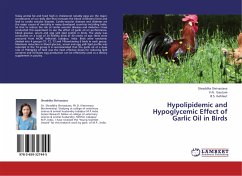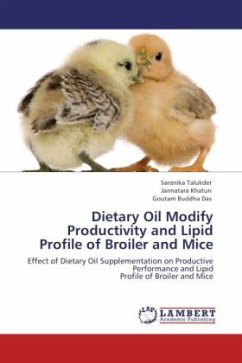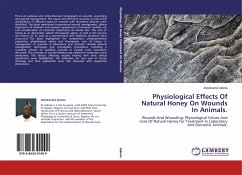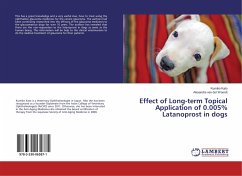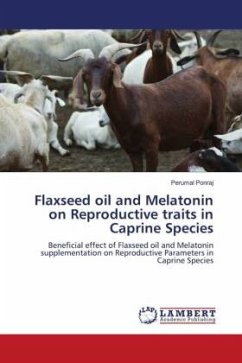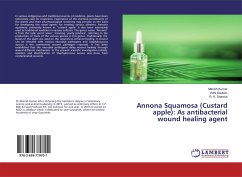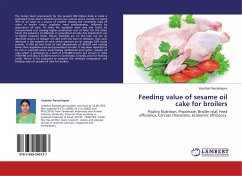The work was conducted on 9 male calves by creating six equidimentional (2cmx2cm) burn wounds at thoracolumbar region in each animal. The animals were divided into 3 Groups of 3 animals each viz. Group I (liquid paraffin, negative control), Group II (5% povidone iodine ointment, positive control), Group III (SBT oil, test). The treatment was started immediately after creation of burn wounds.Grossly the signs of acute inflammatory reactions in burn wounds were less pronounced in seabuckthorn and 5% povidone iodine treated animals as compared to paraffin treated group and the signs in the later group remained up to 7th day of treatment, whereas these subsided by 3rd day of treatment in seabuckthorn and 5% povidone iodine treated animals. The granulation tissue response was better in seabuckthorn and 5% povidone iodine treated groups. Complete epithelialization and scar formation was observed in cutaneous wounds on 14th and 21st days post operative in the animals of seabuckthorn and5% povidone iodine treated group respectively as against 28th day in paraffin group animals.
Bitte wählen Sie Ihr Anliegen aus.
Rechnungen
Retourenschein anfordern
Bestellstatus
Storno

